Linux VPS
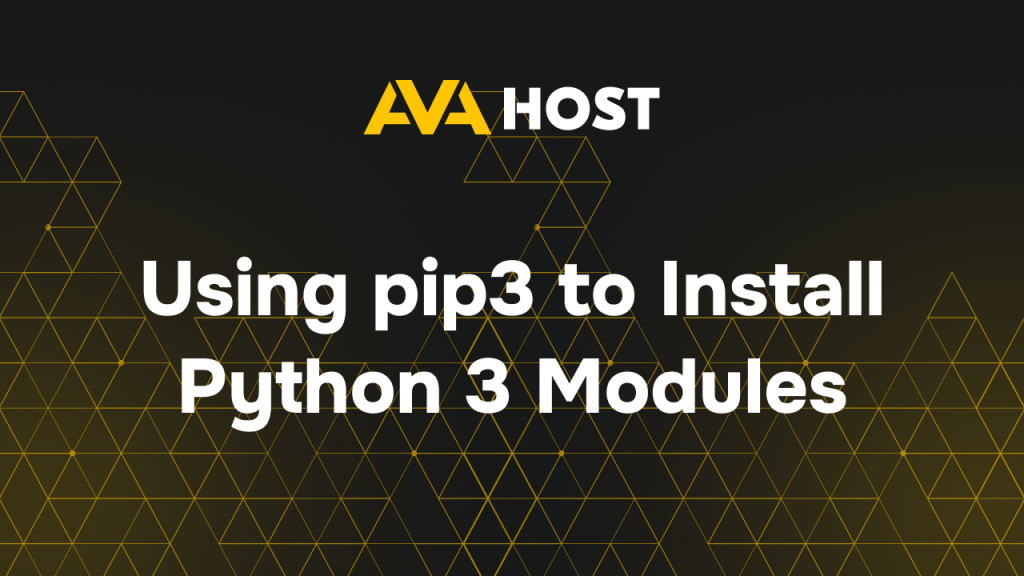
If you’re working with Python 3 on your server environment, chances are you’ll need to install third-party modules to extend its functionality. Whether you’re building web applications, automating tasks, or working with data, Python’s vast ecosystem of packages has you covered. The go-to tool for installing these modules is pip3. In this article, we’ll guide […]
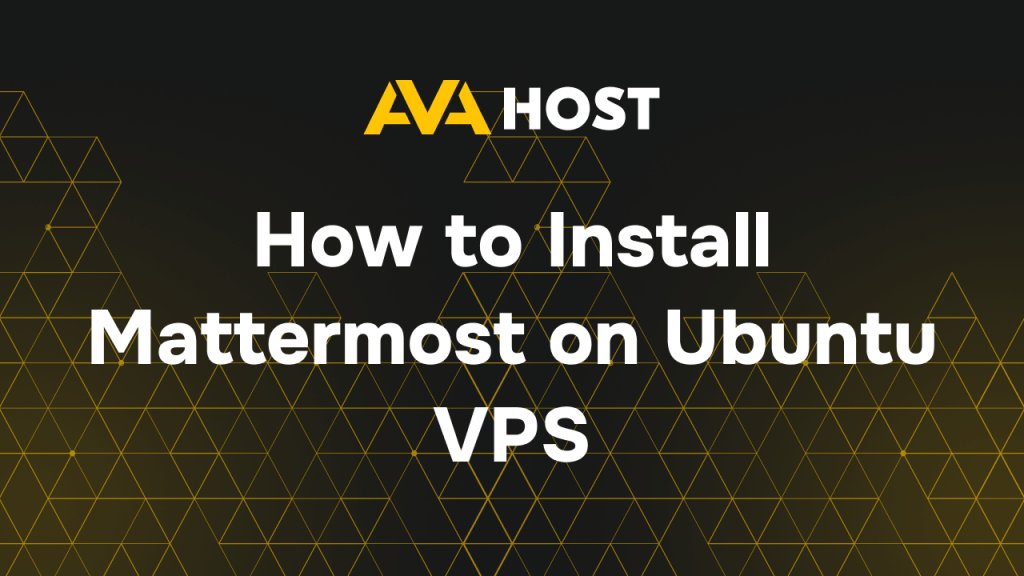
How to Install Mattermost on Ubuntu 20.04/22.04 with AvaHost Mattermost is a secure, open-source messaging platform, a self-hosted alternative to Slack, ideal for privacy-focused teams. This guide simplifies installing Mattermost on an AvaHost Ubuntu 20.04/22.04 VPS or dedicated server, with practical examples and tips for a scalable, secure setup. Introduction Mattermost offers robust collaboration tools […]

How to Upload an SSH Public Key to Your VPS for Secure Access Using SSH keys provides a secure, passwordless way to connect to your VPS, streamlining management while enhancing security. This guide simplifies uploading your SSH public key to an existing VPS on AvaHost or similar platforms, with practical examples and tips to ensure […]
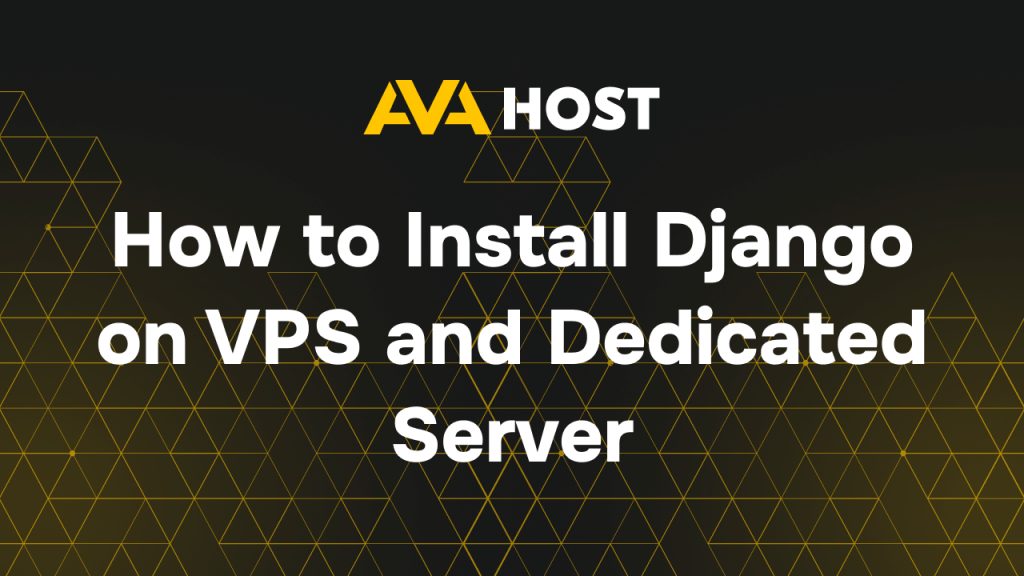
How to Install Django on a Hosting Server: A Step-by-Step Guide Django is a high-level Python web framework that encourages rapid development and clean, pragmatic design. Whether you’re launching a small website or a full-fledged web application, deploying Django on a hosting server is a critical step. In this guide, we’ll walk through the process […]
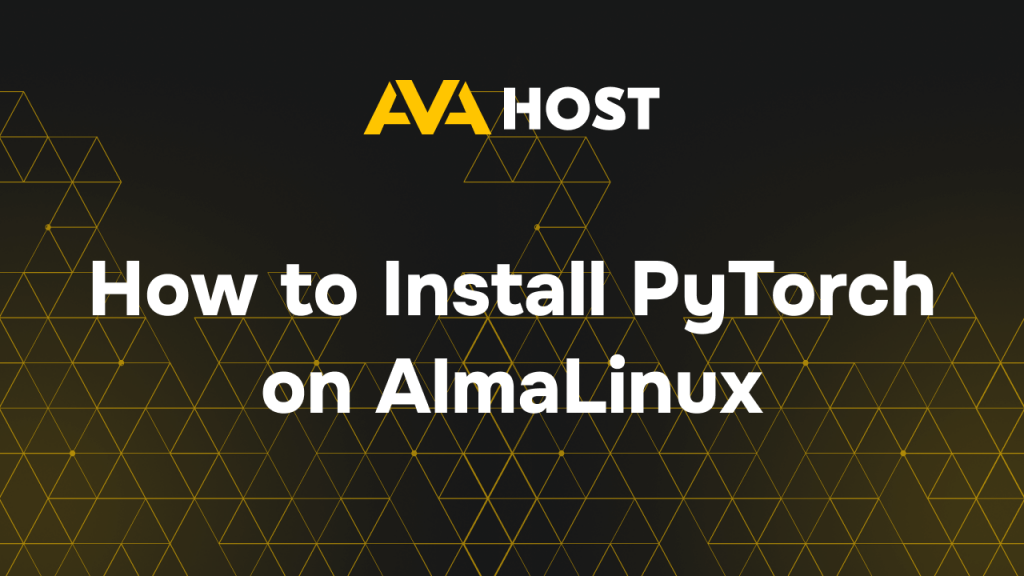
PyTorch is one of the most popular open-source machine learning frameworks developed by Facebook’s AI Research lab. It is widely used for deep learning applications, including computer vision and natural language processing. If you’re using AlmaLinux, a stable and reliable RHEL-based Linux distribution, this guide will show you how to install PyTorch quickly and efficiently. […]
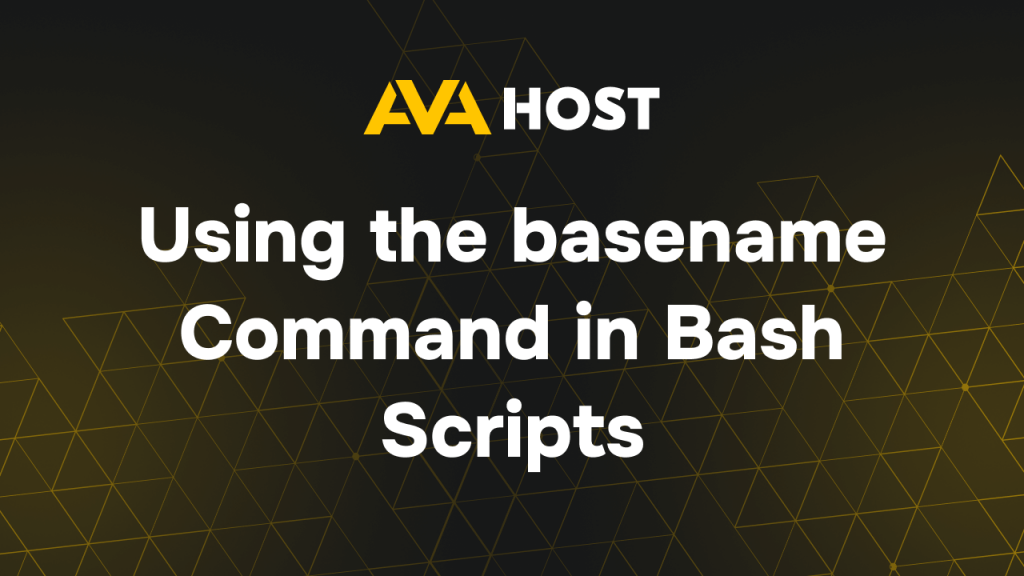
Using the basename Command in Bash Scripts In Bash scripting, one of the most common tasks is manipulating file paths—especially when you want to extract just the file name from a full path. That’s where the basename command comes in. While seemingly simple, basename has powerful use cases when used correctly in more complex scripts, […]

Cron jobs are scheduled tasks that run automatically at specified intervals in Unix-like systems. They are often used for system maintenance, backups, script automation, and other repetitive tasks. Whether you’re managing your own server or troubleshooting an issue, knowing how to list and view cron jobs is essential. This guide will show you how to […]
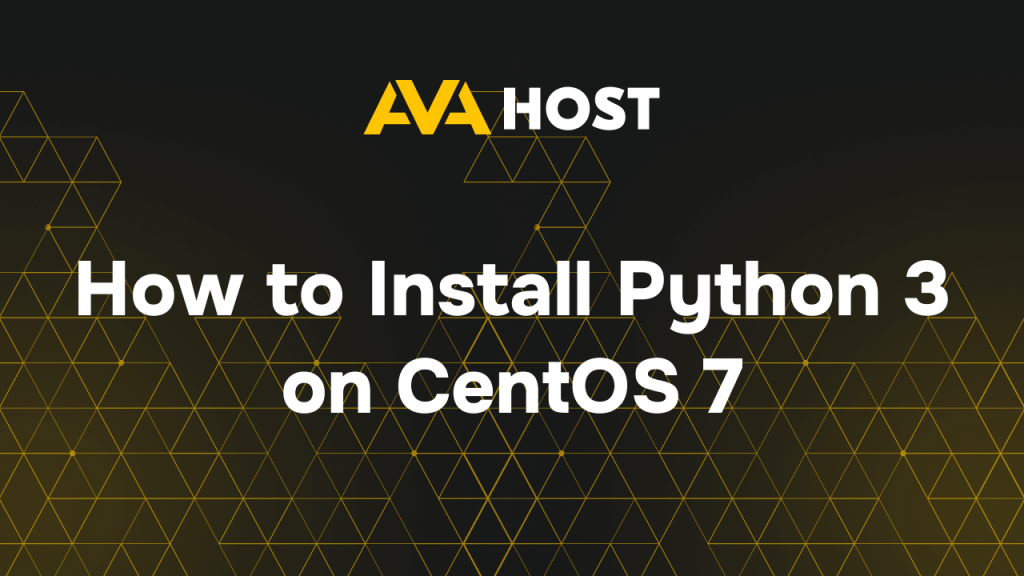
Python is one of the most widely used programming languages, known for its simplicity and versatility. Whether you’re developing web applications, data science projects, or automation scripts, Python is an essential tool for developers. While CentOS 7 server comes with Python 2.x by default, many modern applications and frameworks now require Python 3. In this […]
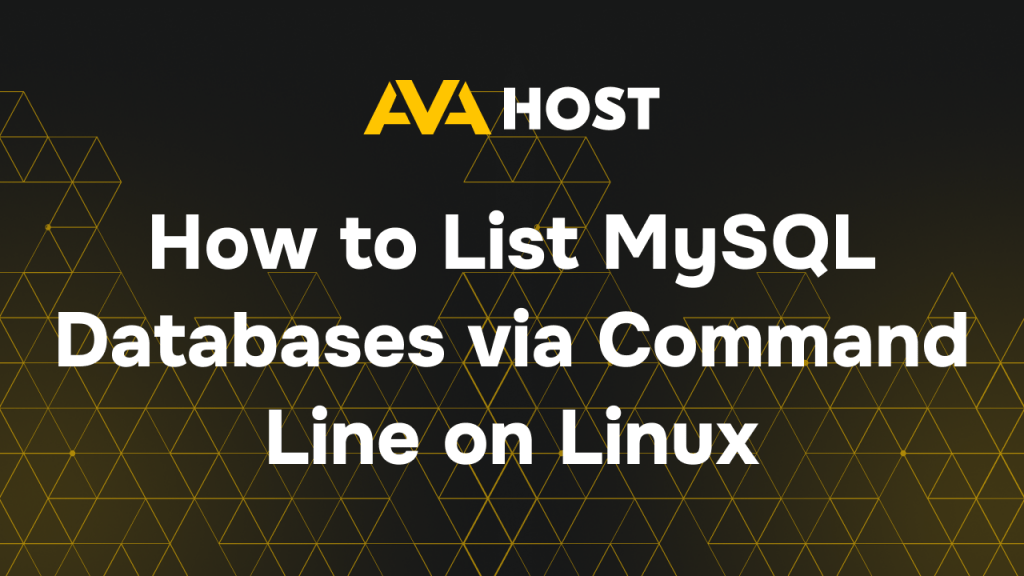
How to List MySQL Databases in the Linux Terminal Listing MySQL databases via the terminal is a key skill for managing Linux-based hosting environments like VPS or dedicated servers. This guide simplifies the process, showing you how to view all databases, filter results, and troubleshoot issues. With practical examples and tips, it’s perfect for sysadmins […]
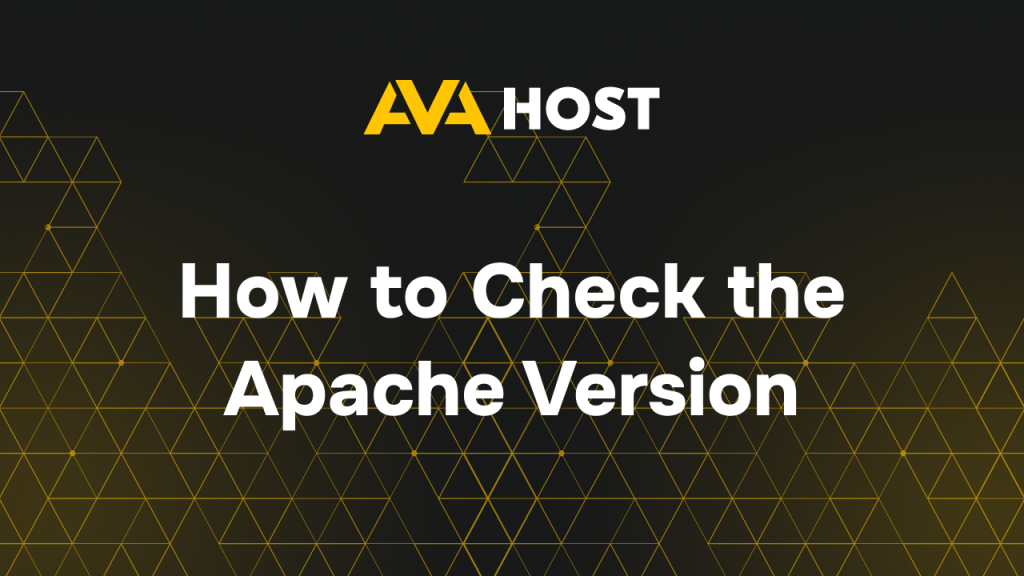
When managing a VPS or dedicated server, it’s essential to know which version of Apache is currently installed. Keeping your server up-to-date ensures better performance, compatibility with modules, and protection against known vulnerabilities. In this guide, we’ll show several simple ways to check the installed Apache version on your system. Method 1: Via Terminal (Linux) […]

